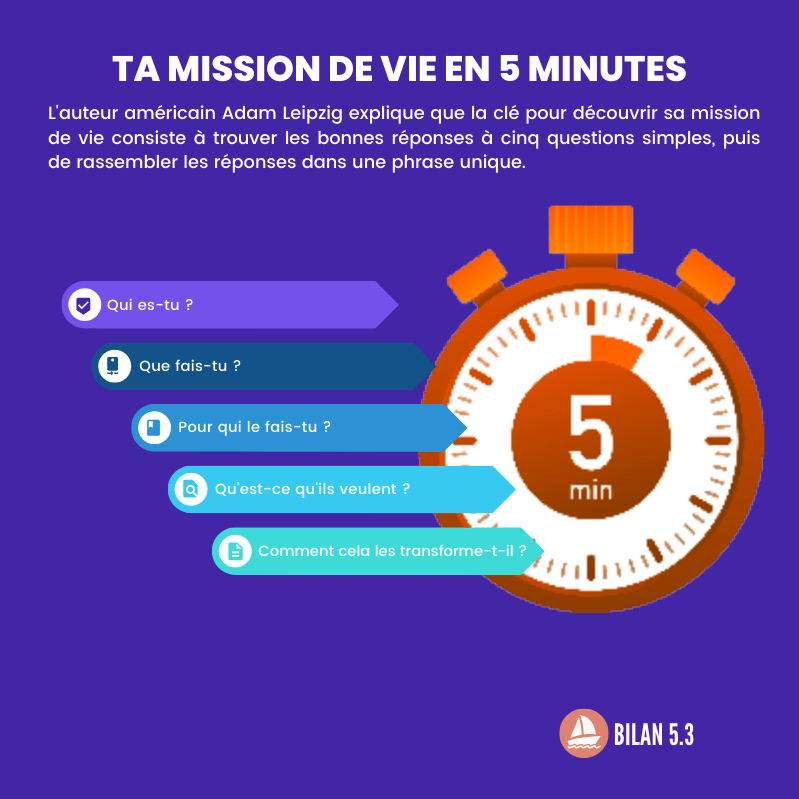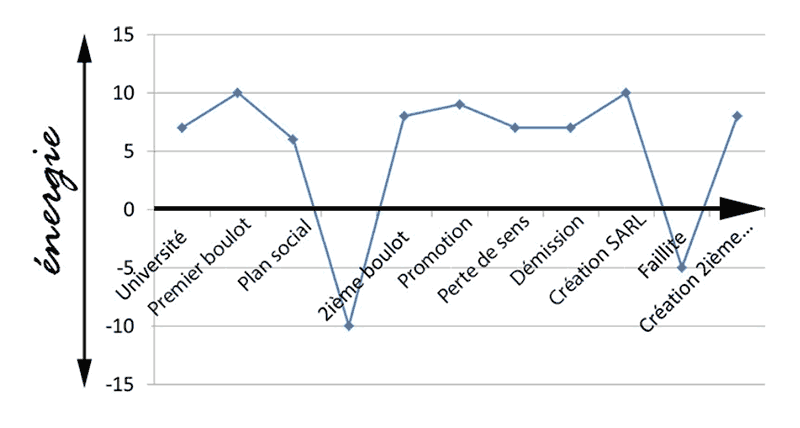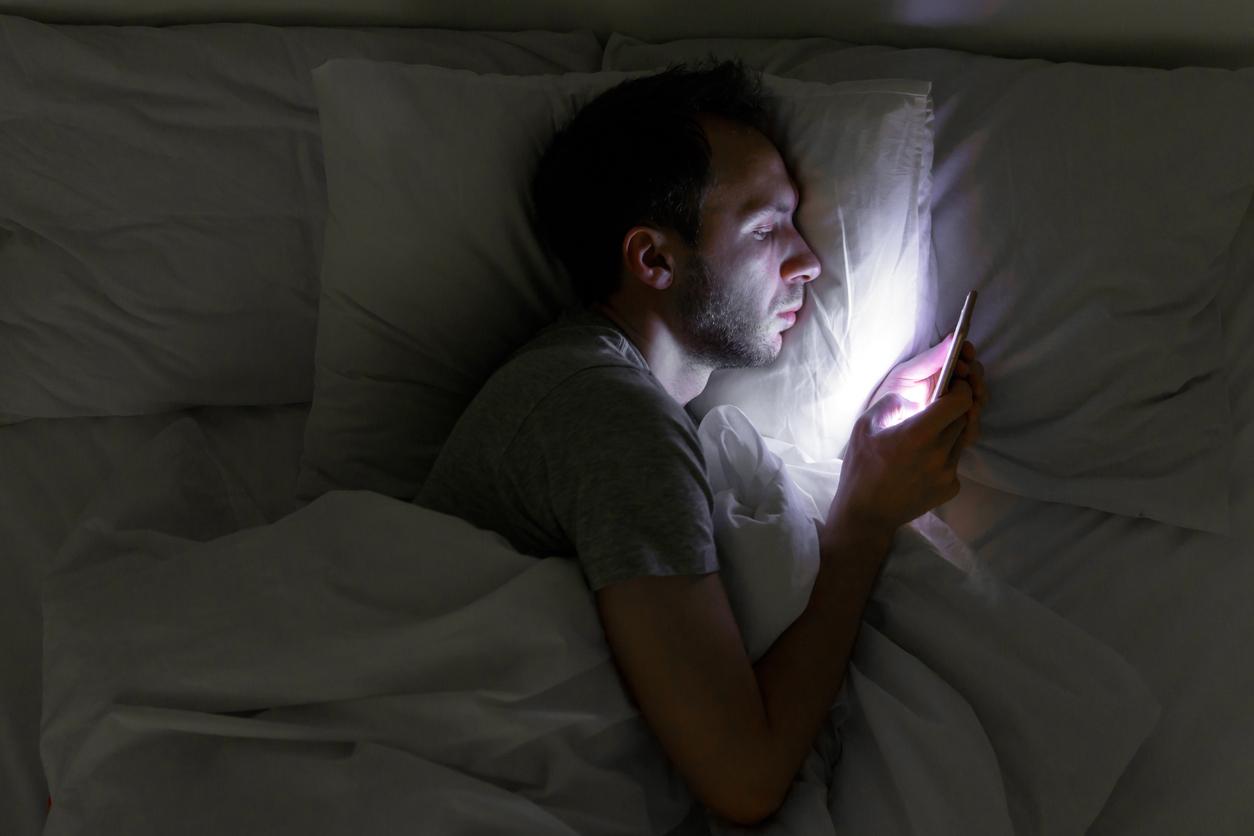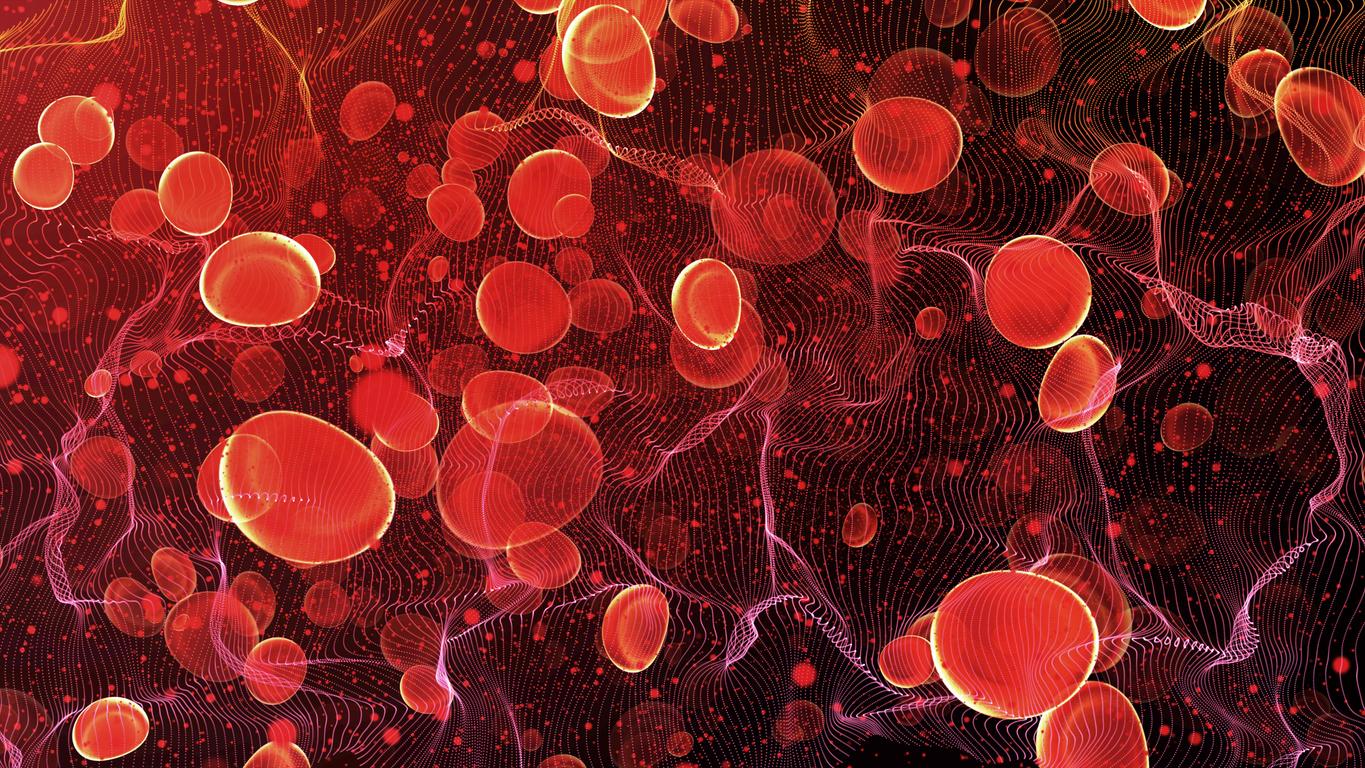
Wednesday, October 30, 2019
According to a study carried out on flies, prolonged exposure to blue light from screens reduces life expectancy.
Too much blue light exposure
Exposure to blue light from screens carries risks. This is what reveals a new study carried out on Drosophila flies by theOregon State University, published last October 17. With the proliferation of screens, humans are increasingly exposed to large amounts of light that are found in the blue of the spectrum. These lights are mainly in the LED screens.
THE’study, published in Aging and Mechanism of Disease of the magazine Nature, analyzed the reactions of the Drosophila fly to exposure to blue light. Dozens of flies were therefore divided into different groups with different exposures to blue light.
Blue light damages nerve cells
The results show that flies exposed to cycles of 12 hours of blue light and 12 hours of darkness had a much reduced life expectancy in comparison to flies kept in complete darkness or in white light filtering out wavelengths of blue light.
The flies had also undergone accelerated aging. Damage has been observed on retinal cells. Researchers have also reported neurodegeneration and alienated mobility. Blue light would damage nerve cells. The study also found that blue light increased stress in older flies. While LED technology has not been used for long enough to understand its effects on humans, this is the first time that blue light exposure has been directly associated with a decrease in life expectancy. .
Stephanie Haerts
Read also: A “premium” eye drops against the effects of screens?














